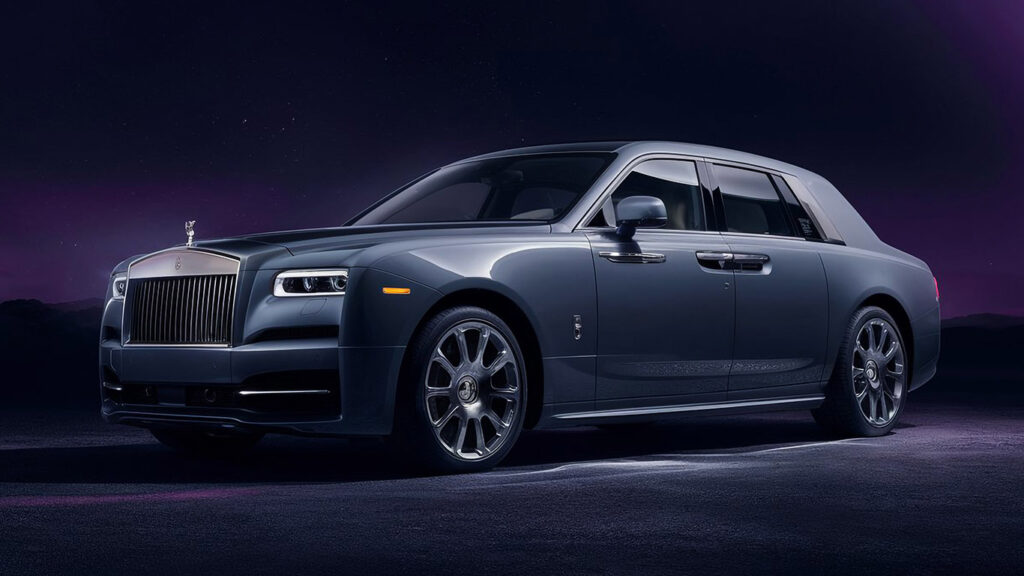What First-Time Rideshare Drivers Should Know Before Renting a Car in Dallas-Fort Worth
If you’re getting started as a rideshare driver with platforms like Uber or Lyft, one of the first questions you may face is whether to use your own car or rent one. For many new drivers in Dallas-Fort Worth (DFW), renting a car specifically for rideshare work can be a smart and flexible option—especially when you don’t want to put wear and tear on your personal vehicle.
Renting a rideshare car gives you more than just a vehicle—it gives you the tools to work, earn, and stay in control. It’s not just about driving; it’s about flexibility, freedom, and steady income.
Here’s what you should expect when renting a rideshare-ready car for the first time.
1. You’ll Need the Basics to Qualify
Before you can hit the road, most rideshare rental companies will ask for the following:
-
A valid driver’s license
-
Proof of rideshare platform approval (such as an active Uber or Lyft account)
-
A credit or debit card in your name
-
You must be 21 years or older (some companies may require 25+)
Some providers may also require a brief background check or driving history review, especially if they’re directly partnered with rideshare platforms.
2. Rideshare Rental Cars Are Set Up for Driving Apps
Unlike standard rentals, rideshare-specific rentals come equipped to meet platform requirements. That includes:
-
Commercial insurance or platform-approved coverage
-
Regular maintenance and inspections
-
Clean, eligible vehicles that pass Uber/Lyft requirements
At Rivus Beacon, for example, all our rentals are pre-approved for Uber and Lyft so you can start driving the same day with no extra hassle.
3. You’ll Pay a Weekly or Monthly Rate
Most rideshare rental plans are structured by the week, not by the day. This allows for better pricing and more consistent access to a vehicle. Expect your rental to include:
-
Unlimited mileage
-
Maintenance and roadside assistance
-
Flexible returns or renewals
Some companies may offer discounted monthly rates if you’re driving long-term..
4. You Don’t Have to Worry About Maintenance
One major benefit of renting for rideshare is that vehicle maintenance is usually included. Oil changes, inspections, and other routine tasks are handled by the rental provider—so you can focus on driving and earning.
5. Insurance Is Usually Built In
Rideshare rentals typically come with commercial or hybrid insurance policies, meeting the requirements of driving apps. Still, it’s a good idea to understand what’s covered:
-
Does it include collision protection?
-
Is there a deductible?
-
What happens if you’re offline (not driving for Uber or Lyft)?
Ask the rental provider to explain the policy in plain terms before you sign.
6. The Right Vehicle Matters
Choosing the right car can impact your ratings, fuel costs, and even your eligibility for premium rides. Consider:
-
Compact or midsize sedans for fuel efficiency and ease of parking
-
Hybrids for savings on long days
-
SUVs or vans for UberXL or airport rides.
Final Thoughts
Renting a car for your rideshare gig can help you start earning without the stress of ownership or costly repairs. If you’re in the DFW area, working with a provider like Rivus Beacon ensures that you’re getting a vehicle designed for rideshare success—reliable, insured, and ready to drive.
Whether you’re testing the waters or going full-time, knowing what to expect will help you get the most out of your rental and stay focused on your goals.
